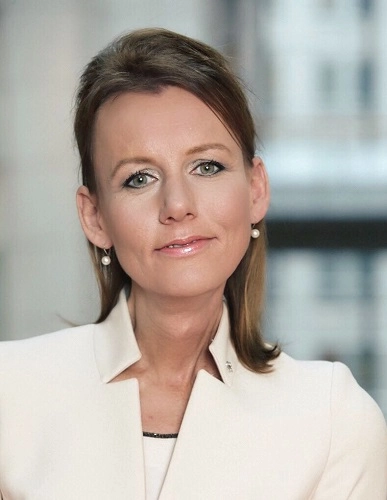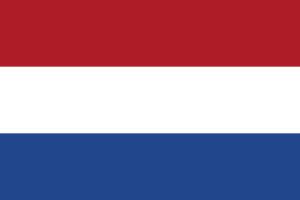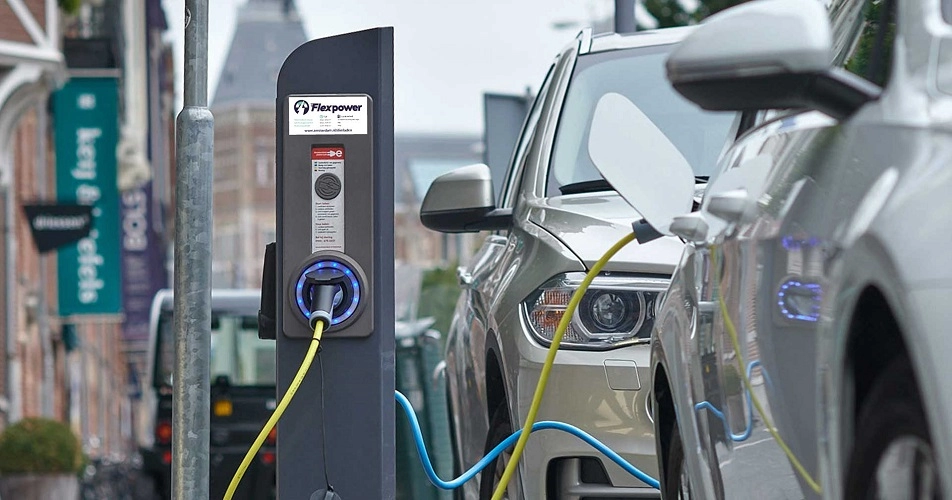The European Commission has approved the Alternative Fuels Infrastructure Regulation (AFIR), a measure to accelerate the deployment of fast charging stations on European roads.
However, industry stakeholders express concerns about the existing electric grid capacity.

Caroline Nagtegaal, a Member of the European Parliament for the Netherlands, addressed this issue, emphasizing that the Dutch nation must not remain inactive.
“We have a significant challenge in terms of grid capacity,” Nagtegaal declared.
She questions, “How do we ensure that all these charging points and zero-emission vehicles receive electricity supply when the pressure on the grid increases?”
Under the new regulation, the number of charging stations in Europe is expected to increase and quadruple within a two-year period.
Gerben-Jan Gerbrandy, President of the National Charging Infrastructure Agency in the country, also acknowledges that the current grid capacity is a challenge, especially with the deployment of fast chargers and charging options for heavy transport.
Members of the RAI Association, representing the bicycle and automotive industry in the Netherlands, also shared their concerns.
They propose, “We have to work with network operators and install thicker cables to and from the charging points.”
It’s worth recalling that before the AFIR was approved, the Netherlands had set a goal for all newly sold cars to be emission-free by 2030.
This translates to a fleet of 1.9 million electric cars, corresponding to a charging requirement of 7,100 GWh (1.7 million charging points).
Faced with this situation, the environmental consultancy firm APPM conducted a forecast of the necessary charging infrastructure. It estimated that by 2025, 550 charging points need to be installed per working day, while by 2030, the pace would need to exceed 1,400.
Regarding public charging points, with two charging points per station, 217 public stations would need to be installed per working day by 2030.
It’s worth mentioning that the Netherlands already has over 500,000 charging points, including public, semi-public, and private ones.
Of this figure, an estimated 385,000 are located in households.
According to Volkshuis Vesting Nederland’s data, there are 8,046,000 households in the country, resulting in one charging point for every 21 houses.
What to do with the charging network after AFIR’s approval?
In June, the National Growth Fund Committee published the “Third Evaluation Report”.
In the section discussing mobility, the report reminds that the Netherlands has committed to becoming carbon-neutral by 2050, which necessitates fundamental changes in the energy system.
“Electricity forms the basis of the future energy system,” the document states, highlighting that the future energy system’s direction is being developed in the National Energy Plan (PNE)15.
With it, an increase in carbon-free electricity generation will be required, as well as reinforcing the capacity and flexibility of the electric grid.
In this context, the National Growth Fund proposes the creation of Energy Charging Hubs.
Its aim is to accelerate the electrification of the logistics sector by alleviating grid congestion.
“The current electric grid and existing laws and regulations are not suitable for the growing demand for electricity from zero-emission vehicles,” it asserts.
The proposal focuses on developing technological innovations that integrate charging infrastructure, battery storage, and renewable energy sources into the existing electric grid.
Read more: New Markets: Fisker Launches in Belgium, Netherlands, and Switzerland







